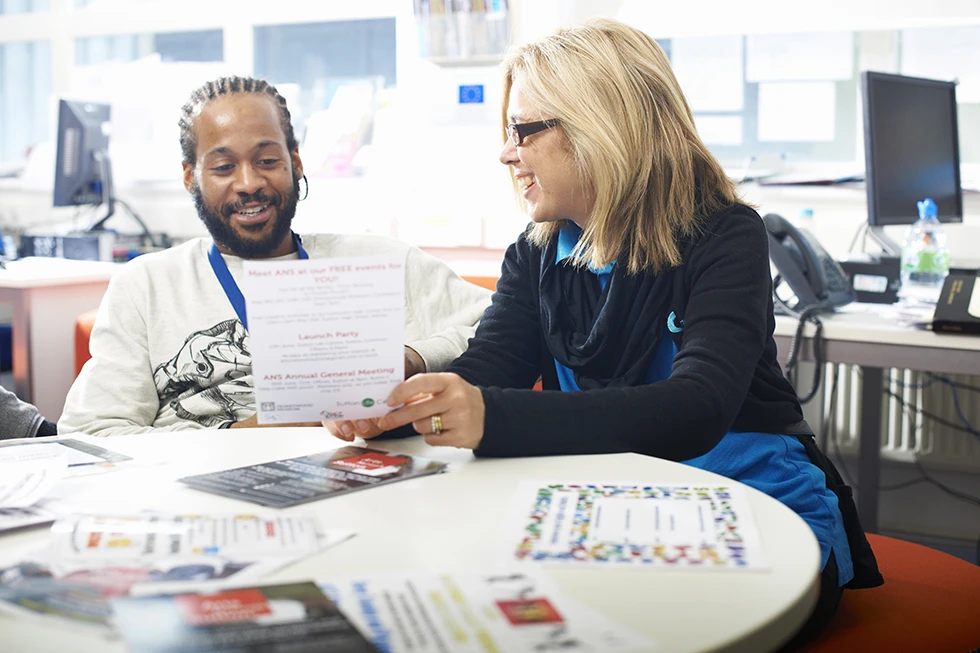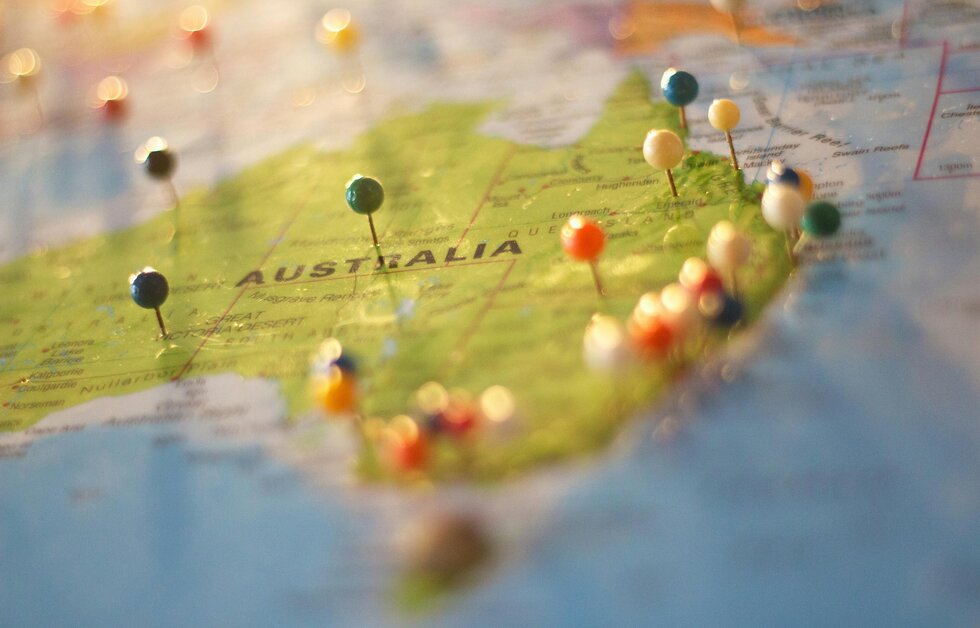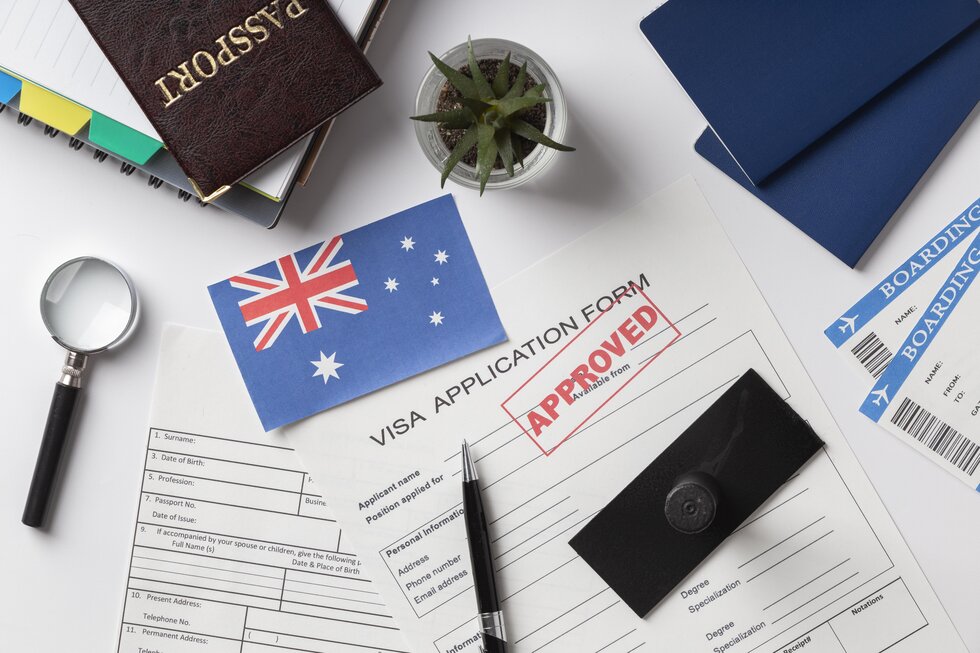If you’re an international student looking to study nursing in Australia without breaking the bank, you’ve come to the right place. Australia’s nursing shortage has created incredible opportunities for international students, but let’s be honest about it: tuition fees can be pretty daunting.
The good news? There are some genuinely affordable options that won’t compromise on quality. I’m going to walk you through the cheapest nursing courses available, what they actually cost, and how they can set you up for a career in Australia.
Why Nursing Could Be A Great Choice
Before we dive into costs, let’s talk about why nursing is such a smart choice right now. Australia desperately needs nurses. We’re talking about a critical shortage that’s only getting worse. This isn’t just good for job prospects; it’s fantastic for anyone considering permanent residency.
Nursing ticks all the boxes for long-term success in Australia:
- You can’t outsource patient care overseas
- The government employs most nurses (and they look after their own)
- It’s on the skilled occupation list for migration
- There’s genuine, ongoing demand due to Australia’s ageing population and slow birth rate
With over 43,000 international nursing students currently enrolled and still not enough graduates to fill the gaps, the opportunities are real.
Related Article: More Nurses, Sooner: Making It Easier for Overseas Nurses to Work in Australia
Your Most Affordable Options
Diploma of Nursing: The Budget Friendly Start
If you’re looking for the absolute cheapest way into nursing, a Diploma of Nursing is your best bet. You’re looking at around $12,000 to $15,000 per year for a 1.5 to 2 year program.
The cost for this course is about $18,000 annually. So your total investment would be around $27,000 to $36,000. That gets you qualified as an enrolled nurse, and average full time starting salaries would be around $60,000 to $65,000 right out of the gate.
The beauty of this pathway? You can always upgrade later. Many universities offer credit transfers if you decide to pursue a bachelor’s degree in Nursing down the track.
Bachelor of Nursing: Full Registration at Regional Prices
Want to become a fully registered nurse? You’ll need a bachelor’s degree, but you don’t need to pay city prices for it. These regional universities deliver the exact same qualification as their expensive metropolitan counterparts. You’ll graduate with the same registration, the same career prospects, but at almost half the cost.
Wondering which university offers the best value for your specific situation?
The Regional Advantage
Here’s where choosing a regional university becomes really smart. Beyond the lower tuition fees, you get:
- Cheaper living costs – No Sydney or Melbourne rent prices, a clear saving of 20-30% in your cost of living
- Extended work visa – A student who graduates from a regional institution and lives in a regional area can apply for a second Temporary Graduate visa (subclass 485) for an additional 1 to 2 years.
- Migration priority – Better chances for permanent residency applications.
- Extra points – gain extra points for your skilled migration applications.
- Less competition – Easier to secure clinical placements and jobs.
It’s honestly a no-brainer if you’re planning to stay in Australia long-term.

The English Hurdle (Don’t Underestimate This)
Before you get too excited about those course fees, let’s talk about the elephant in the room: English requirements. For nursing, you need IELTS Academic 7.0 overall with no band below 7.0. This applies whether you’re doing a diploma or bachelor’s degree.
Why so high? Because you’re dealing with people’s lives. The Nursing and Midwifery Board doesn’t mess around when it comes to communication standards. If you can’t hit these scores yet, work on your English first. Don’t waste money applying before you’re ready.
Need help preparing for English proficiency tests or finding English preparation courses?
Read more: Australia Visa PTE Score Changes Take Effect August 7, 2025
Breaking Down the Different Pathways
Diploma Route: Quick and Practical
- Duration: 1.5 to 2 years
- Estimated Cost: $20,000 to $30,000 total
- Outcome: Enrolled Nurse (supervised practice)
- Estimated Salary: $60,000 to $65,000 starting
Bachelor’s Route: Full Professional Status
- Duration: 3 years
- Estimated Cost: $75,000 to $120,000 total
- Outcome: Registered Nurse (independent practice)
- Clinical hours: Minimum 800 hours
- Estimated Salary: $67,000 to $72,000 starting
Graduate Certificate: For Qualified Nurses
If you’re already a registered nurse from overseas, there are other institutions that offers a Graduate Certificate for about $13,000 total. It’s an 8 month program that can help with Australian registration or specialisation.
Want to learn more about available Graduate Diploma courses?
Turning Study & Work Into A Possible Path To Residency.
Let’s put this in perspective with a timeline. Say you choose to study a Bachelor of Nursing in a renowned school in Queensland.
Years 1 to 3: Study nursing ($31,000 per year)
Year 4: Graduate work visa + work as RN (485 visa cost $2,300 as of July 2025). Do note that graduates from regional universities are eligible for an extension which can bring the total visa duration to 3 or even 4 years. The duration depends on the specific location of study.
Year 5: Once you have a positive skills assessment, you may be able to submit an EOI for a general skilled migration visa
You’ll be earning a decent salary as a registered nurse while working toward permanent residency. Registered Nurses are on the MLTSSL, so you may be able to apply for general skilled migration or state nomination.
Want to understand how nursing education fits into your long-term migration strategy?
The Application Game Plan
Nursing programs fill up fast, especially the affordable ones. Here’s a typical timeline for your reference:
- March intake: Applications often close in February
- July intake: Applications often close around May
- Recommendation: Apply 6 to 8 months early
Note: Many universities have a final international application deadline in late November or early December of the previous year. While some might extend.
You’ll need:
- Academic transcripts (with English translations if needed)
- IELTS or PTE academic results meeting the 7.0 band or equivalent standard
- Personal statement showing genuine interest in nursing and long term career plans/objectives
- Passport copy
- Health insurance coverage
Additional Costs to Consider
Beyond tuition, budget for:
- Clinical placement estimated costs: $500 to $1,500 (This is an indirect cost)
- Uniforms and equipment estimated cost: $500 to $1,000 for the entire degree
- Health insurance (OSHC): from $800 annually
- Estimated Living expenses: $25,000 to $29,000 annually (less in regional areas)
Making the Smart Choice
Here’s the thing: you don’t need to spend $50,000+ per year to get quality nursing education in Australia. The regional universities aren’t second tier options. They’re smart choices too that deliver the same professional outcomes at a fraction of the cost.
We, at Pathway to Aus are partnered with these universities that have built their reputations on providing excellent value. Their graduates achieve the same employment rates and professional recognition as those from expensive city universities.
What This Means for Your Future
Choosing an affordable nursing program isn’t just about saving money upfront. It’s about setting yourself up for long-term success. Lower debt means more financial freedom when you graduate. Regional study benefits mean more advantages and better migration prospects. The nursing shortage means job security and that’s hard to find in other fields.
The Australian healthcare system is genuinely desperate for qualified nurses. Whether you choose the diploma route for quick entry or invest in a bachelor’s degree for full professional status, you’re positioning yourself in one of the most in-demand careers in the country.
If you’re serious about nursing as your pathway to a strong career and long term visa status in Australia, the affordable options are out there. It just takes some research and smart decision making to find them.
Ready to Start Your Nursing Journey in Australia?
Every situation is different, and what works for one person might not be the best fit for another. But if you’re looking for a realistic, affordable way to build a healthcare career in Australia, these programs represent some of the best value you’ll find anywhere.
The next step? Get personalised and expert advice for your specific circumstances from one of our experienced education consultants:
- Choose the right nursing pathway for your budget and goals
- Navigate application requirements and deadlines
- Understand visa implications and migration opportunities
- Create a realistic timeline and financial plan
- Connect with the most affordable, accredited nursing programs








